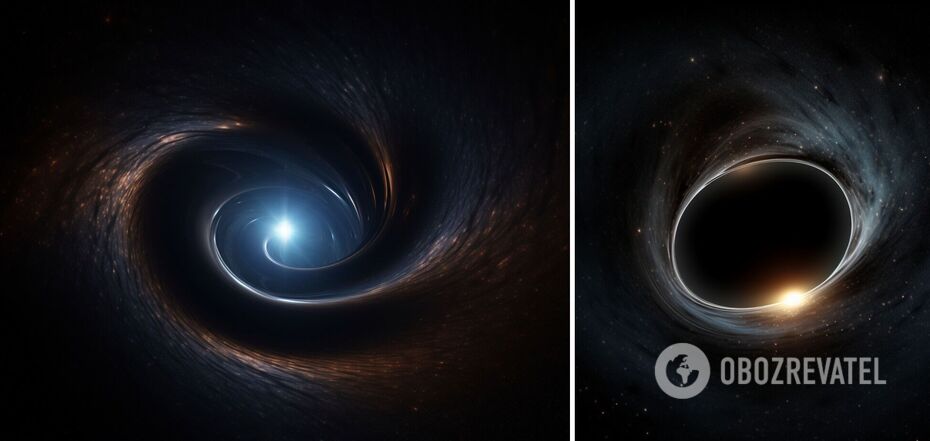Life
Expansion of the Universe is called a deception of vision: a new controversial theory is announced
The Universe probably remains in a stable state and is not expanding at all. At the same time, signs pointing to its expansion are likely to have a completely different explanation.
This is stated in a controversial study published in the journal Classical and Quantum Gravity. It was authored by Lucas Lombrizer, a professor of theoretical physics at the University of Geneva.
The cosmological redshift is believed to be a sign of the expansion of the Universe. This phenomenon occurs when an object is very far from the observer and the length of the light it emits is stretched to the red end of the spectrum. The further away the galaxy is, the greater the redshift.
The proof that the universe is still expanding and even accelerating is the so-called cosmological constant or lambda. But, as LiveScience notes, this indicator poses a problem for cosmologists, as the predictions of its value made by particle physics differ from actual observations by 120 orders of magnitude. Therefore, the lambda is called "the worst prediction in the history of physics".
It was the problem with this constant that prompted Lombrizer to look at the cosmos from a different angle.
The new theory is based on Albert Einstein's idea that the Universe is flat and static. And the effects that indicate expansion are actually a sign of the evolution of the masses of particles such as protons and electrons.
His research showed that the cosmic constant depends on the mass of the field, so when particles evolve, it leads to fluctuations in the field that affect the lambda. The calculations showed that distant galaxy clusters have a higher redshift than traditional cosmological models suggest. For its part, the cosmological constant remains consistent with the model's predictions.
"I was surprised that the problem of the cosmological constant simply disappears in this new way of looking at the cosmos," said Lombrizer.
The scientist also voiced a solution to the problem of the nature of dark matter. Lombrizer suggested that the field fluctuations could also behave like a so-called axion field, where axions are hypothetical particles that could be dark matter.
These fluctuations, the scientist suggests, could do away with dark energy, the hypothetical force responsible for the expansion of the Universe. In his model, "dark energy is basically unnecessary for the existence of the Universe".
Luz Angela Garcia, a postdoctoral researcher at Colombia's ECCI University, said that Lombrizer's study impressed her because it "gives an unusual result for many problems in cosmology".
However, she notes that this theoretical model contains elements that probably cannot be verified by observations, at least in the near future.
Earlier, OBOZREVATEL also reported that the Universe, according to scientists, may simply evaporate and disappear completely.
Subscribe to OBOZREVATEL's Telegram and Viber channels to keep up with the latest news.



























